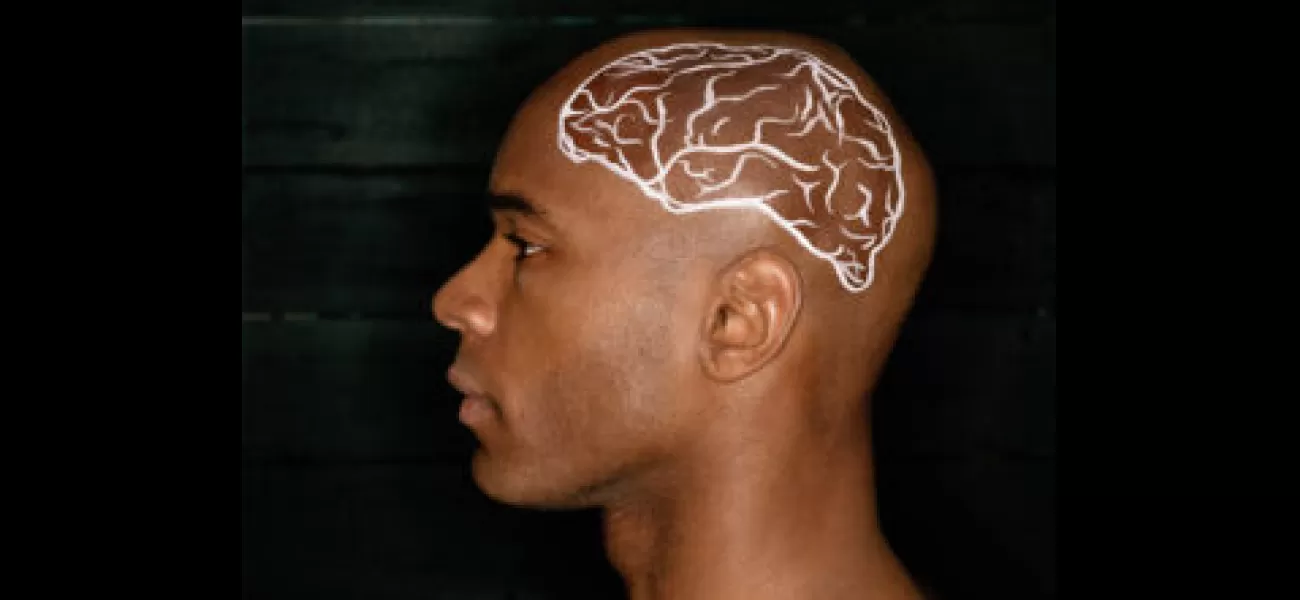Smithsonian's collection of brains, used to study race, is subject of an investigative report.
Organs of people of color sent to Smithsonian to be studied, confirming racial stereotypes.
August 17th 2023.

For decades, the Smithsonian has had a collection of human brains. Hidden from public view, the collection contains more than 200 brains taken from Indigenous and Black people without their consent. This collection, known as the “racial brains” collection, was used to study and compare certain elements such as cognitive abilities based on race.
Recently, The Washington Post launched an investigative series into this grisly collection. It uncovered how the national museum authorized and funded the removal of brains from morgues, burial grounds, and hospitals. Most of these organs were taken in the 1940s without the consent of the deceased families. This process took advantage of the lack of agency and disenfranchisement of individuals of marginalized and/or Indigenous backgrounds for the purpose of scientific pursuits.
Although the collection has become public knowledge, the Smithsonian has not prioritized returning the stolen organs to their rightful burial sites or families. The news outlet found that only four brains have been returned, which requires a formal request to begin the process. Federal officials have ordered that Native Americans whose deceased family members’ brains were used must be notified, but the families of Black and other ethnic participants must make inquiries on their own.
In response to the controversy, Smithsonian Secretary Lonnie G. Bunch III, the first Black person to lead the institute, issued a statement apologizing for the museum’s conduct in the organ retrieval process. Bunch recognizes the racism involved and believes it is important to ensure the remains are treated in the best possible way. He encourages all families to make a formal request to begin the process of returning the brains to their rightful burial sites.
The Smithsonian has since implemented a new ethical returns policy that will have looted and unethically obtained artwork returned to its rightful owners.
Recently, The Washington Post launched an investigative series into this grisly collection. It uncovered how the national museum authorized and funded the removal of brains from morgues, burial grounds, and hospitals. Most of these organs were taken in the 1940s without the consent of the deceased families. This process took advantage of the lack of agency and disenfranchisement of individuals of marginalized and/or Indigenous backgrounds for the purpose of scientific pursuits.
Although the collection has become public knowledge, the Smithsonian has not prioritized returning the stolen organs to their rightful burial sites or families. The news outlet found that only four brains have been returned, which requires a formal request to begin the process. Federal officials have ordered that Native Americans whose deceased family members’ brains were used must be notified, but the families of Black and other ethnic participants must make inquiries on their own.
In response to the controversy, Smithsonian Secretary Lonnie G. Bunch III, the first Black person to lead the institute, issued a statement apologizing for the museum’s conduct in the organ retrieval process. Bunch recognizes the racism involved and believes it is important to ensure the remains are treated in the best possible way. He encourages all families to make a formal request to begin the process of returning the brains to their rightful burial sites.
The Smithsonian has since implemented a new ethical returns policy that will have looted and unethically obtained artwork returned to its rightful owners.
[This article has been trending online recently and has been generated with AI. Your feed is customized.]
[Generative AI is experimental.]
0
0
Submit Comment





